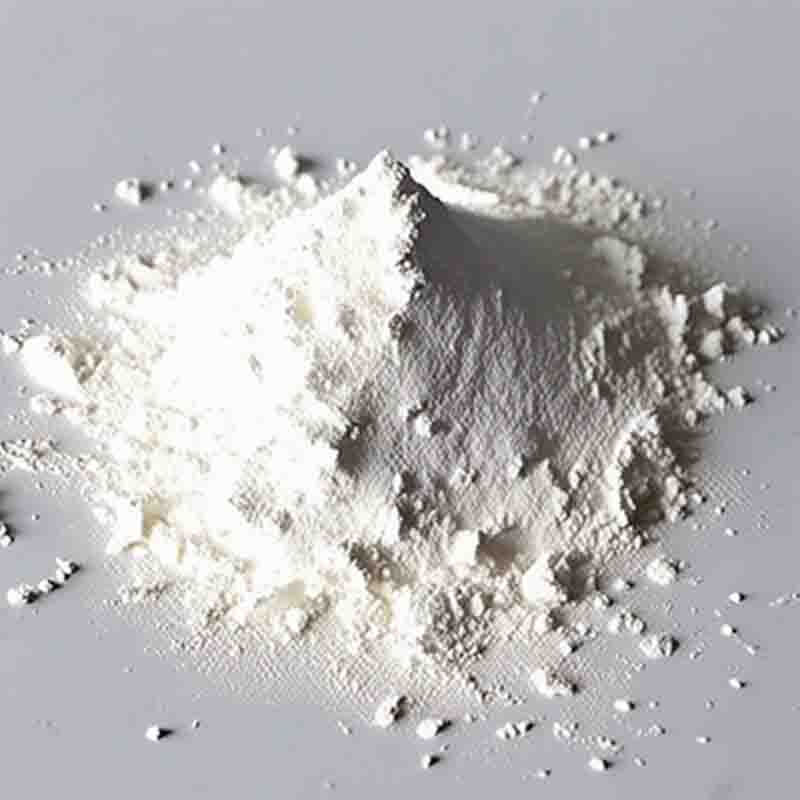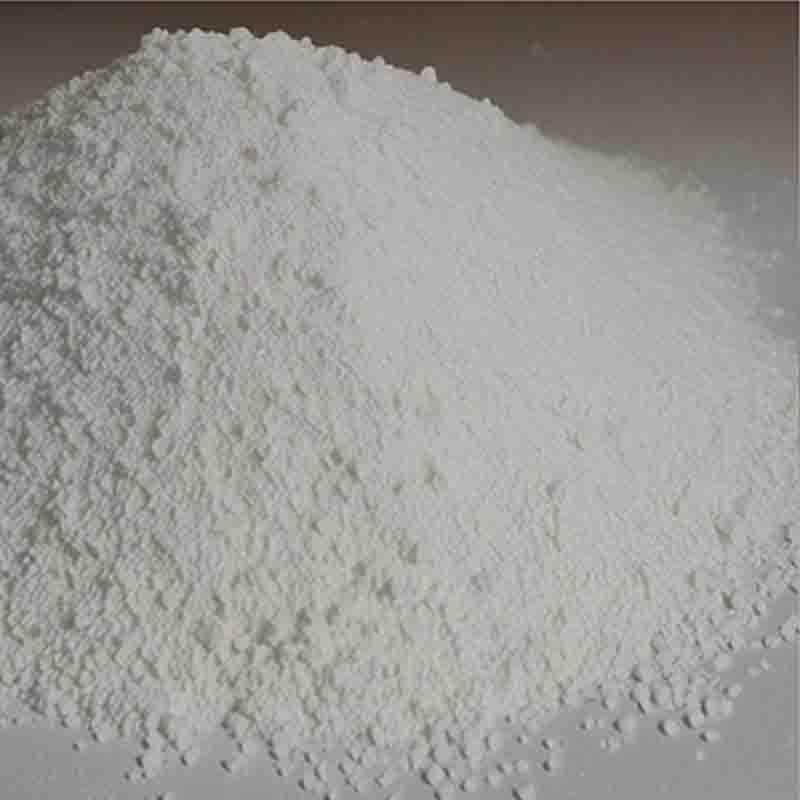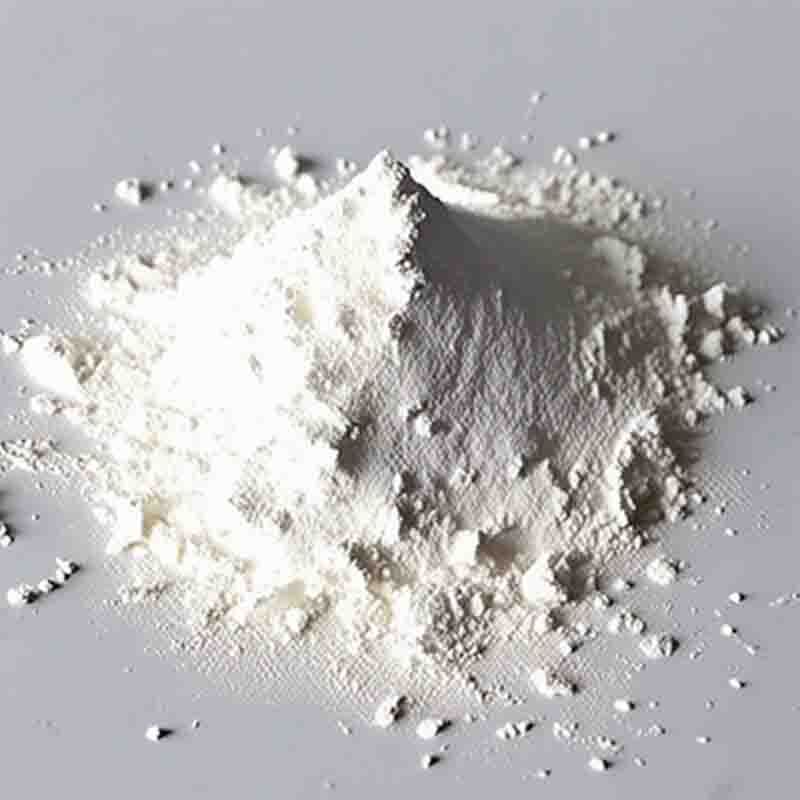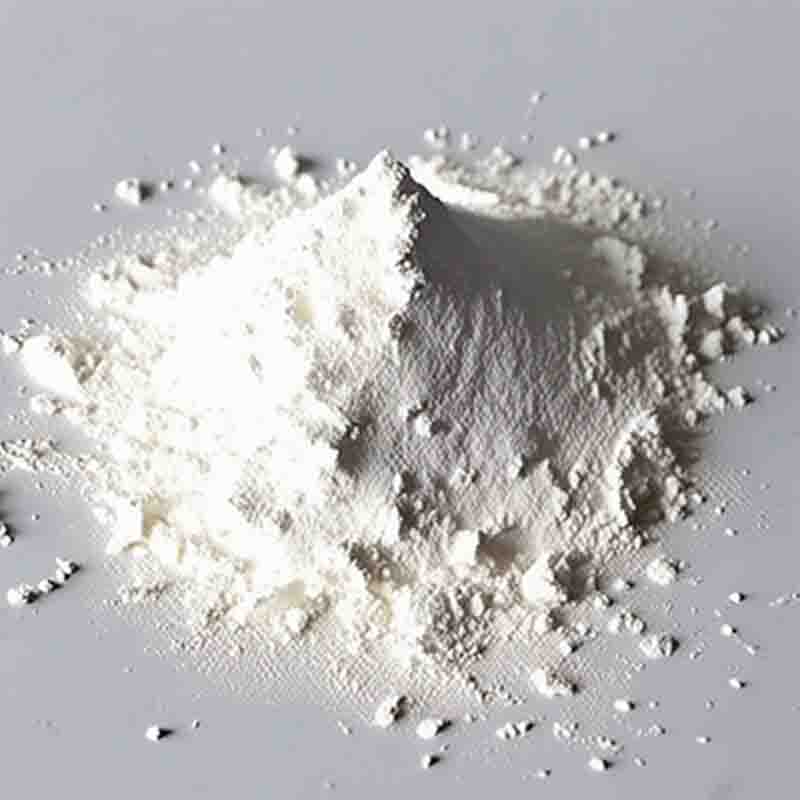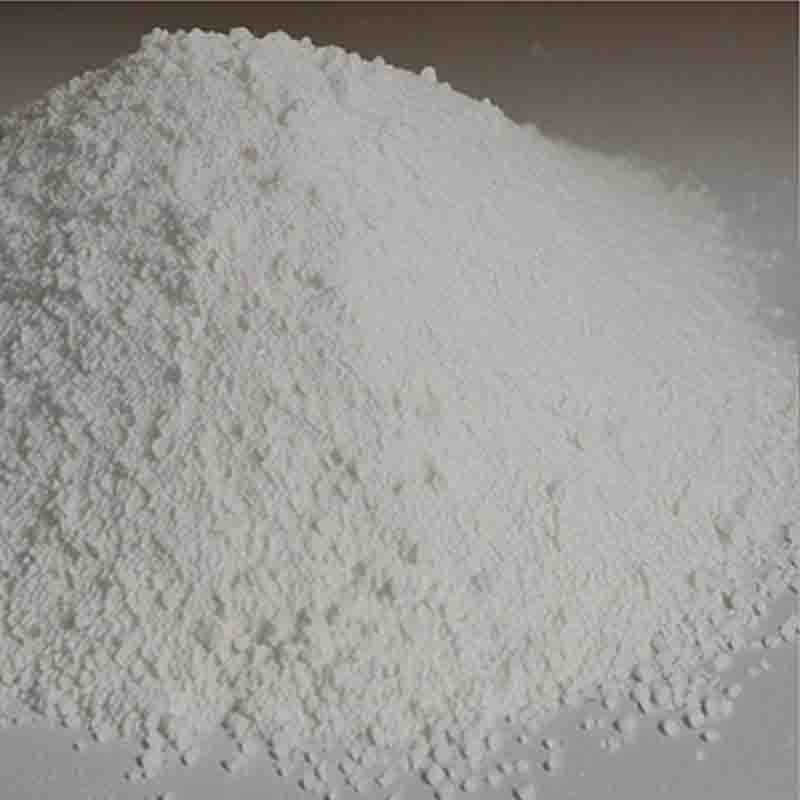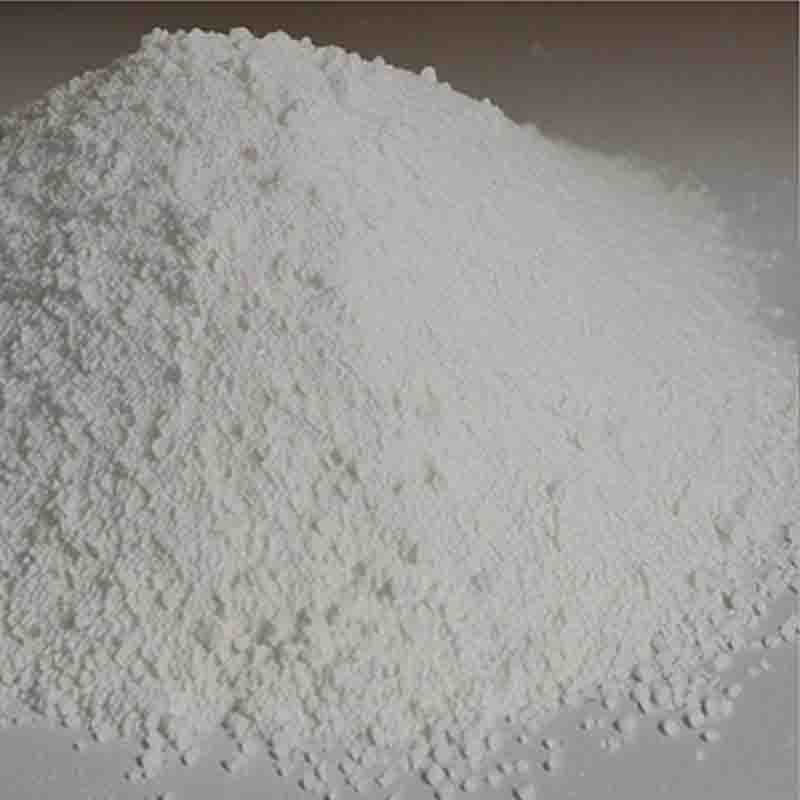1,1,1-tris(4-hydroxyphenyl)ethane CAS:27955-94-8
| Catalog Number | XD95275 |
| Product Name | 1,1,1-tris(4-hydroxyphenyl)ethane |
| CAS | 27955-94-8 |
| Molecular Formula | C20H18O3 |
| Molecular Weight | 306.36 |
| Storage Details | Ambient |
Product Specification
| Appearance | White powder |
| Assay | 99% min |
1,1,1-Tris(4-hydroxyphenyl)ethane, also known as THPE, is a chemical compound with the molecular formula C21H22O3. It is a triphenol compound with three hydroxyphenyl groups attached to a central carbon atom. Here are some of the effects and potential uses of 1,1,1-Tris(4-hydroxyphenyl)ethane:Antioxidant: THPE exhibits strong antioxidant properties. Antioxidants help to prevent or slow down the damage caused by free radicals in the body. By neutralizing these free radicals, THPE can protect cells and tissues from oxidative stress, which is associated with various diseases and aging.UV Absorber: THPE can absorb and filter UV radiation. It is commonly used in sunscreens and other personal care products to protect the skin from harmful UV rays. By absorbing UV light, THPE prevents it from penetrating the skin and causing damage such as sunburn, premature aging, and skin cancer.Flame Retardant: THPE has been found to exhibit flame retardant properties. It can be incorporated into various materials such as plastics and textiles to reduce their flammability. This makes THPE a valuable additive in applications where fire safety is crucial, such as furniture, electronics, and automotive components.Polymer Stabilizer: THPE is often utilized as a polymer stabilizer due to its ability to inhibit polymer degradation caused by heat, light, and other external factors. It helps to extend the lifespan and maintain the physical properties of polymers, such as plastics, rubbers, and coatings. As a result, products made with THPE as a stabilizer have enhanced durability and resistance to environmental stressors.Biomedical Applications: THPE has shown potential in biomedical applications, including tissue engineering and drug delivery systems. Its biocompatibility and ability to promote cell adhesion make it a suitable candidate for scaffolds used in tissue engineering to regenerate damaged tissues. Additionally, THPE can serve as a carrier for drug molecules, aiding in controlled release and improving therapeutic efficacy.Overall, 1,1,1-Tris(4-hydroxyphenyl)ethane has diverse effects and applications based on its antioxidant, UV-protective, flame retardant, polymer stabilizing, and biomedical properties. Its use in sunscreens, flame-resistant materials, polymer-based products, and biomedical technology showcases its versatility across various industries. However, specific guidelines and regulations should be followed to ensure the safe handling and application of THPE in different settings.


